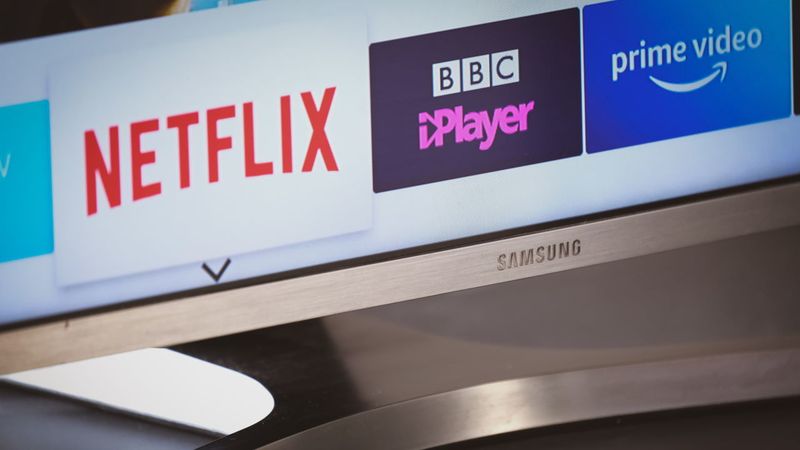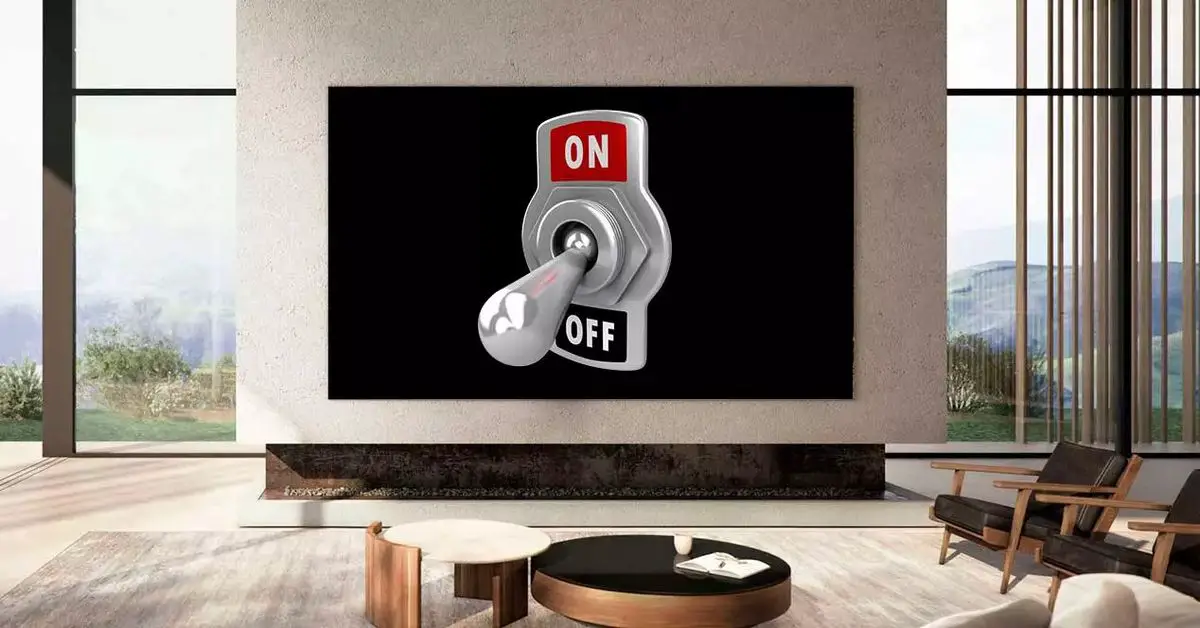Samsung is the world leader in Smart TV. The company sells more smart TVs than anyone else and offers an excellent user experience with the most important apps and streaming platforms on the market. However, the company hides a feature in its TVs that can kill them and leave them a paperweight.
This has been confirmed by Samsung South Africa itself. It all started last August 3, where the company issued a press release regarding the riots and looting that occurred in July in South Africa. The looting affected Samsung warehouses and stores, where TV sets were stolen.
However, Samsung has said that all such TVs have been remotely disabled with a feature called “TV Block.” This feature detects if a Samsung TV has been activated in a non-legal manner, and makes it usable only by true owners with valid proof of purchase.
This feature aims to mitigate the creation of second-hand markets where illegal or stolen goods are sold, and therefore comes preloaded on all Samsung TVs by default.

The operation of TV Block is quite simple. This feature is automatically activated by Samsung remotely, where the serial numbers of stolen TVs are entered into Samsung’s servers. If one of those TVs is connected to the Internet, it will become blocked.
If a user is mistakenly locked out, full functionality can be restored in less than 48 hours after sending proof of purchase and the TV’s serial number to a Samsung dealer or the company itself to [email protected].
This “backdoor” can be dangerous
However, introducing features like this into a product is a really dangerous thing to do, as not only are you giving the company a lot of power, but for example, someone can figure out how to hack into those TVs and activate the feature to leave them a paperweight. Even if Samsung itself gets hacked, someone could come along and lock down all the Samsung TVs in the world. Subsequently, they could introduce ransomware and demand a ransom from Samsung to unlock the TVs.
Even an erroneous update on Samsung’s servers could trigger this feature, and it also opens the door to the creation of “TV as a service” services, where you have to pay monthly fees even just to watch TV.
Thus, this is a reminder that the user does not own 100% of the products he buys. This is already the case with the software we buy from online stores like Steam, but with a physical device, the sense of ownership is much greater.
Therefore, the only way to “protect” yourself from this feature is to disconnect the TV from the Internet, something that does not make much sense in a Smart TV because we would be losing a multitude of features.





